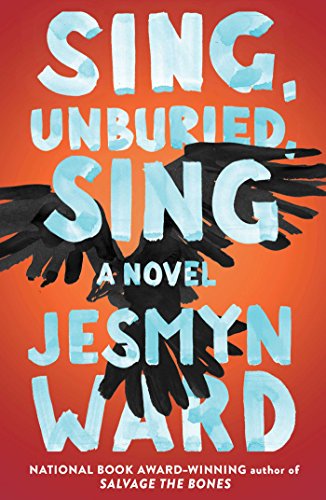If you pick up Beartown with the hopes of getting all the feels and goosebumps you got from A Man Called Ove, let me dispel you of that thought right now. What you will get is a beautifully written book that tackles a spate of complex issues.
While the thrust of the story centers around a sexual assault, author Fredrik Backman also addresses bullying, immigration, sexual orientation, the meaning of true friendship and what being honorable actually means. Seemingly about small-town living, Beartown, at its core, is about people and human survival, regardless of their locale.
Since Beartown was published, the Weinstein case and the #MeToo movement exploded into the forefront of the news and, with them, countless accusations of assaults against high powered males all across the country. Suddenly, women have felt safe coming forward and speaking about their stories of abuse. Hopefully, this global exposure will change the face of sexual harassment and abuse as we know it.
But not in Beartown. A small, dying Swedish town where hockey is the biggest commodity, rapes simply do not occur. Especially by a star hockey player who is the only hope of leading the high school team to victory in its first-time appearance in the national championship game. Once the accusations are made by a teenage girl who was drunk at a party, the lines are drawn and drawn hard. Those who believe him, those who believe her. And those who are inclined to give the accused a pass for the 'better of the whole' because they see the outcome of the hockey game as the town’s only chance of survival.
It is infuriating yet all too similar to what is happening in our daily news. Backman writes with a deft touch about how a sexual assault can rock a community on micro and macro levels. He shows the fierce loyalty of parents who close ranks around their children and support them unwaveringly even though one of them has to be lying. He exposes how the importance of an event – in this case, a hockey championship – can be deemed vastly more important by people who should do better than a criminal investigation.
Even though the book is a couple of years old now, it is hard to imagine one more relevant in our current turbulent times. Not necessarily a feel-good read, but perhaps one that should be required.
Published: 2016
Publisher: Atria Books
Elizabeth's rating: 4 stars









